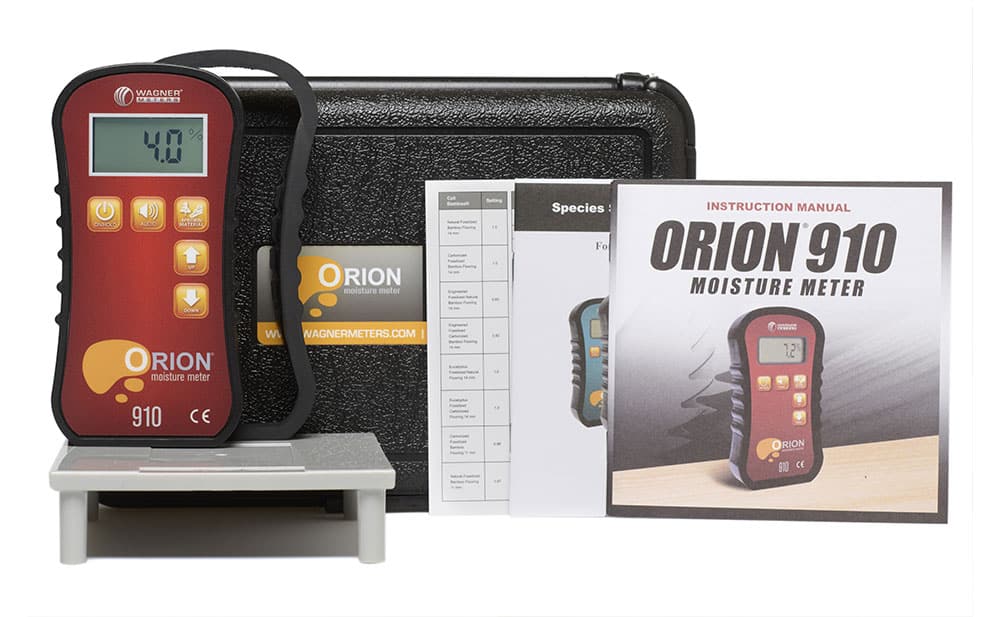Why Every Property Owner Requirements a Moisture Meter: Secret Benefits and Attributes
Why Every Property Owner Requirements a Moisture Meter: Secret Benefits and Attributes
Blog Article
The Ultimate Overview to Moisture Meters: A Comprehensive Summary and Exactly How They Can Save You Money
Dampness meters offer as vital tools in discovering and keeping an eye on moisture web content in products, helping in protecting against expensive problems and making certain the high quality of products. Comprehending the subtleties of various types of wetness meters, their applications, and the prospective cost-saving advantages they use can be a game-changer for organizations and specialists alike.
Kinds Of Moisture Meters
Numerous kinds of moisture meters are readily available for various applications in different industries. One typical kind is the pin-type dampness meter, which determines the electric resistance between two pins placed right into a product. This kind appropriates for wood, drywall, and various other structure materials. Pinless dampness meters, on the various other hand, use electromagnetic sensor plates to check a bigger location without creating damages to the material's surface area. Moisture Meter. These meters are ideal for quickly analyzing moisture levels in big areas such as walls and floors.

Infrared moisture meters determine the thermal homes of a material to determine its dampness content non-invasively, making them helpful for applications where pin or pinless meters might not be appropriate. Understanding the different types of dampness meters offered can help sectors pick the most suitable device for their certain wetness dimension requirements.

Benefits of Utilizing Moisture Meters
Dampness meters supply indispensable benefits in accurately evaluating and checking dampness degrees in varied products and atmospheres (Moisture Meter). One of the key benefits of making use of wetness meters is the prevention of potential damages created by excess moisture. By discovering and resolving high moisture degrees early, moisture meters assist to avoid mold and mildew growth, rot, and architectural damages in structures, conserving both money and time on repair work. In addition, moisture meters aid in making certain the high quality of materials during building or production processes. By precisely determining wetness material, these tools aid maintain the integrity of timber, drywall, concrete, and various other products, minimizing the risk of issues or failings.
Additionally, using wetness meters can cause enhanced energy performance. By determining areas with high dampness degrees, such as leaks or poor insulation, changes can be made to boost energy preservation and lower utility expenses. In farming setups, dampness meters play a critical function in optimizing plant yields by enabling farmers to check soil dampness levels and make informed watering choices. Overall, the advantages of utilizing wetness meters cover across various industries, giving cost-effective remedies and advertising far better quality control practices.
Exactly How to Choose the Right Wetness Meter
Choosing the ideal moisture meter involves taking into consideration vital factors such as material compatibility, measurement variety, and calibration precision. When picking a moisture meter, it's important to guarantee that the meter appropriates for the specific material you will be screening. Various materials have varying electric homes that can affect wetness readings, so choosing a meter made for your material is essential for accurate outcomes. In addition, take into consideration the measurement range of the wetness meter. Make certain that the meter can identify moisture degrees within the array required for your applications. Calibration precision is one more essential element to bear these details in mind. Choose a moisture meter with trustworthy calibration to ensure exact and regular analyses. Some meters may require periodic calibration modifications, so understanding the calibration procedure is very important. By very carefully examining these elements, you can pick a wetness meter that fulfills your demands and gives precise dampness measurements for your jobs.
Correct Methods for Dampness Meter Use

Cost Financial Savings With Dampness Meter Applications
How can the strategic use of moisture meters lead to substantial cost savings across numerous sectors? In the agriculture industry, dampness meters help in establishing the optimum time for gathering crops, protecting against excess or over-drying moisture that can influence the final item's high quality.
Similarly, in building and construction, wetness meters aid avoid pricey problems by spotting moisture levels in structure materials, such as wood or concrete, which can lead to architectural concerns otherwise resolved promptly. By recognizing problem areas early, service providers can take restorative actions to stay clear of comprehensive repairs or replacements, inevitably conserving money and time.
In addition, in the food processing market, moisture meters are necessary for checking item quality and guaranteeing conformity with security guidelines. By accurately measuring dampness web content in food, suppliers can prevent wasting, keep freshness, and minimize waste, leading to considerable cost financial savings. In general, the tactical application of wetness meters is an important financial investment that can lead to significant price reductions and boosted efficiency across various industries.
Final Thought
In conclusion, dampness meters are useful devices for determining and finding dampness degrees in various products. By making use of the ideal moisture meter and complying with appropriate methods, individuals can effectively avoid costly damages created by excess wetness.
Dampness meters serve as crucial devices in finding and checking moisture content in products, aiding in avoiding pricey problems and making sure the high quality find out here of products. Infrared moisture meters gauge the thermal homes of a material to determine its dampness content non-invasively, making them beneficial for applications where pin or pinless meters might not be suitable.Moisture meters provide very useful advantages in accurately monitoring and assessing wetness levels in varied products and settings. In farming settings, wetness meters play an essential function in maximizing plant returns by enabling farmers to keep track of dirt dampness degrees and make informed irrigation decisions.In conclusion, moisture meters are important devices for finding and gauging dampness degrees in numerous products.
Report this page